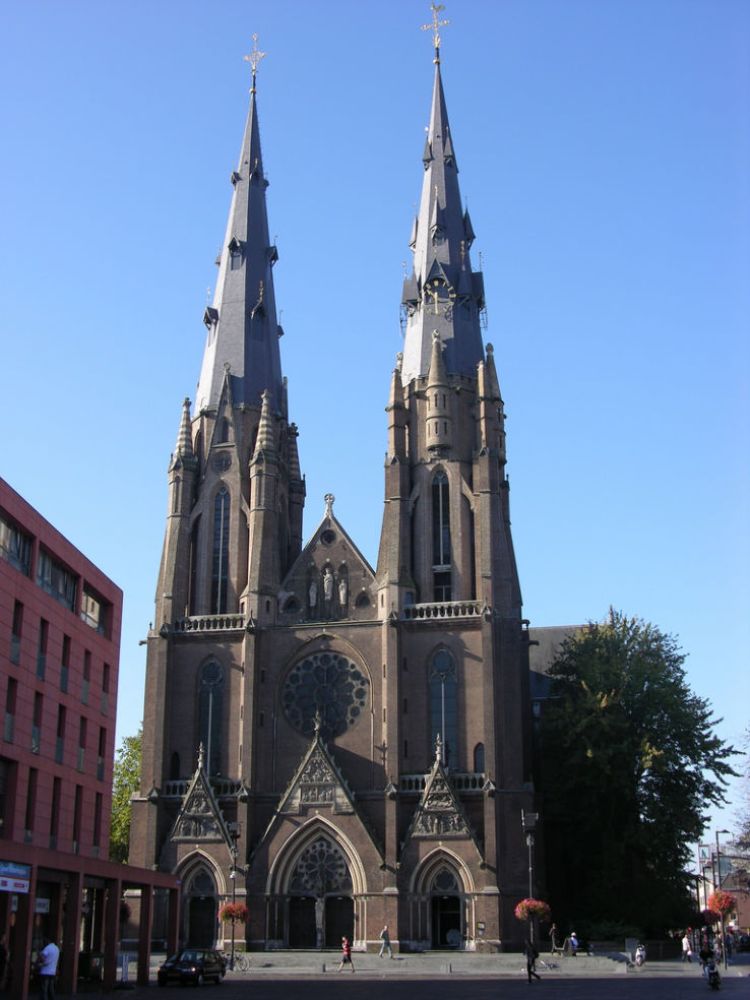

St. Catherine's Church, a Roman Catholic church co-located with the Church of the Nativity in Bethlehem, is a vital component of the religious and cultural landscape of this biblical city. Its history as a site of pilgrimage dates back hundreds of years, intertwining with the history of Christianity itself.
Tourism at St. Catherine's Church is almost as ancient as Christianity. The church stands on the believed site of Christ's birth, making it an important pilgrimage destination. The original church was built in the 4th century but was later rebuilt in the 15th century by Franciscans who continue to manage it until today.
In contemporary times, the religious significance of St. Catherine's Church has supported a thriving tourism industry in Bethlehem. Pilgrims and tourists alike flock to the city, especially during Christmas, where a midnight mass is broadcasted worldwide from St. Catherine's. The church is not only a place of worship but also a beacon for peace and unity across different sects of Christianity.
Throughout the years, excavations and restorations have revealed that the site of the church and the adjoining Church of the Nativity stand upon an even earlier Christian place of worship and a pagan shrine. These findings have added an archaeological layer to the church's importance and have drawn historians and archaeology enthusiasts in addition to religious tourists, increasing its tourism portfolio.
The church's status as a part of a UNESCO World Heritage site since 2012 has further cemented its reputation. As religious tourism has risen in the 20th and 21st centuries, St. Catherine's Church has seen a continual increase in visitors, with the site's management working to accommodate and enrich the spiritual and cultural experience.
With the advent of technology and globalization, the trends in tourism at St. Catherine's Church reflect a blend of traditional pilgrimage with modern touristic approaches. Virtual tours, informative apps, and social media presence allow this historic site to reach a broader audience. There is also a growing interest in sustainable and responsible tourism, with visitors showing respect for the site's religious significance and cultural heritage.
The tourism industry in Bethlehem, and by extension at St. Catherine's, faces challenges including regional instability and the global effects of pandemics like COVID-19. However, the resilience of the local community and church authorities, along with international interest, provide a hopeful outlook for the recovery and future growth of tourism.
St. Catherine's Church remains a cornerstone of Bethlehem's cultural and spiritual history, continuing to bring together the past and present amidst the ever-changing landscape of global tourism. Its commitment to the preservation of sacred traditions while embracing new trends ensures that it will remain a vibrant destination for years to come.